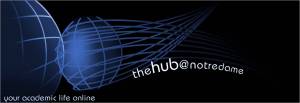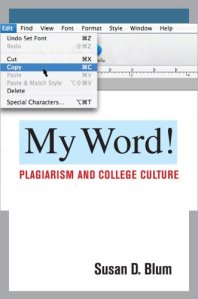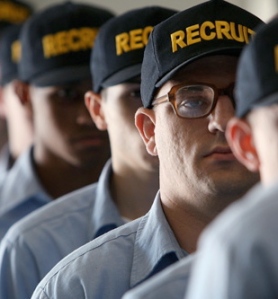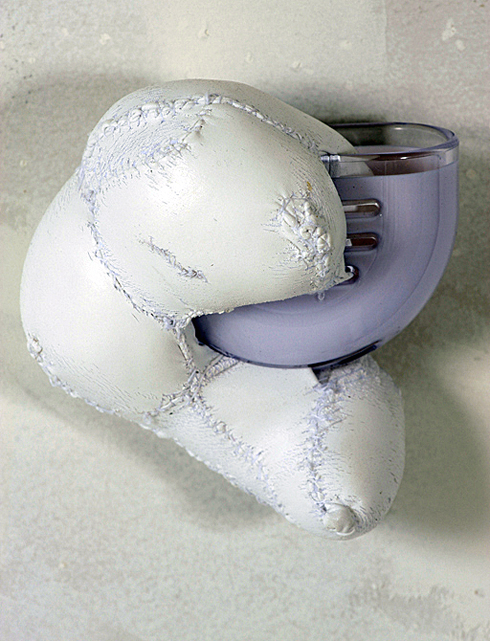Since I am now at the University of South Florida, I can finally mentor some graduate students! I encourage people to apply to the graduate program in anthropology here. USF accepts students at both the masters and the Ph.D. level. If you’re going to start at the Ph.D. level, your masters does not have to be in anthropology.
My research interests fall into three broad areas: neuroanthropology, medical anthropology, and applied social science. Most of my long-term research has focused on substance use and abuse, including the neuroanthropology of addiction, risk and preventive factors for drug use, and the cultural moderation of substance use.
In recent years I’ve broadened that focus to include research on alcohol use, video games, stress, and PTSD. I might also develop a project on frontotemporal dementia. I have also done work on breast cancer and embodiment, new media & technology, and public anthropology. I use both quantitative and qualitative methods, and advocate combining theory-driven work with community-based research.
You can read more about my projects on the Neuroanthropology PLoS site. And here is my departmental website, where you can access my CV. If you want to contact me, please send me an email at dlende at usf dot edu.
The USF anthropology department emphasizes both theory and applied work within anthropology, and uses an interdisciplinary approach in training and mentoring students. Here is a condensed excerpt from the Department’s Mission:
Anthropology is the comparative and global study of humanity which addresses all aspects of human experience. We are committed to understanding global diversity through community-based applied research that is holistic and interdisciplinary.
Here is one of the main things to emphasize about our graduate program:
The Graduate Program at USF aims to develop creative scholars and scientists who will apply their knowledge and skills to contemporary human problems.
The graduate program has both biological and cultural tracks, and includes a concentration in biocultural medical anthropology. You can see my syllabus for my course on Biocultural Medical Anthropology here. You can also get a dual degree, with an MA in anthropology and an MPH in public health.
Click here for information on how to apply to the USF anthropology program. And here is information on financial assistance and scholarships. Applications are due December 15th, 2010.
I advocate that graduate students find both good mentors and a department that broadly fits their interests. The USF anthropology faculty has a range of expertise and interests that are a great complement to what I do.
Faculty specializations include medical anthropology, human biology, urban policy and community development, educational anthropology, media studies, ethnic policies and heritage, economic development, immigration, archaeology, cultural resource management, gender, environment, applied linguistics, and archaeological science. Geographic specializations emphasize the Caribbean, Latin America, United States, and Sub-Saharan Africa.
You can find out more about the major research themes of the department here, including biocultural dimensions of health and illness, material culture, community identity and heritage, communications and education, sustainability and development, and the social and cultural construction of race, ethnicity and gender.
USF includes a range of departments and affiliations that also complement what the anthro faculty and I do. USF Health includes programs in medicine, nursing, and public health. There is a strong department of psychology, a concentration in neuroscience research, and a broad array of other excellent programs in the College of Arts and Sciences.
Locally USF has affiliations with the Florida Mental Health Institute, the Moffitt Cancer Center, and the Veterans’ Hospital.
Please email me at dlende at usf dot edu if you have questions!
 The Hub @ Notre Dame is now live! The Hub takes students’ academic lives online, providing a platform for exploring ideas, presenting their work, and social networking within an academic community.
The Hub @ Notre Dame is now live! The Hub takes students’ academic lives online, providing a platform for exploring ideas, presenting their work, and social networking within an academic community.



